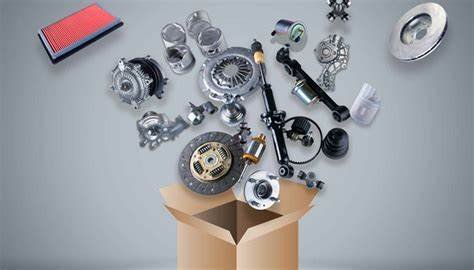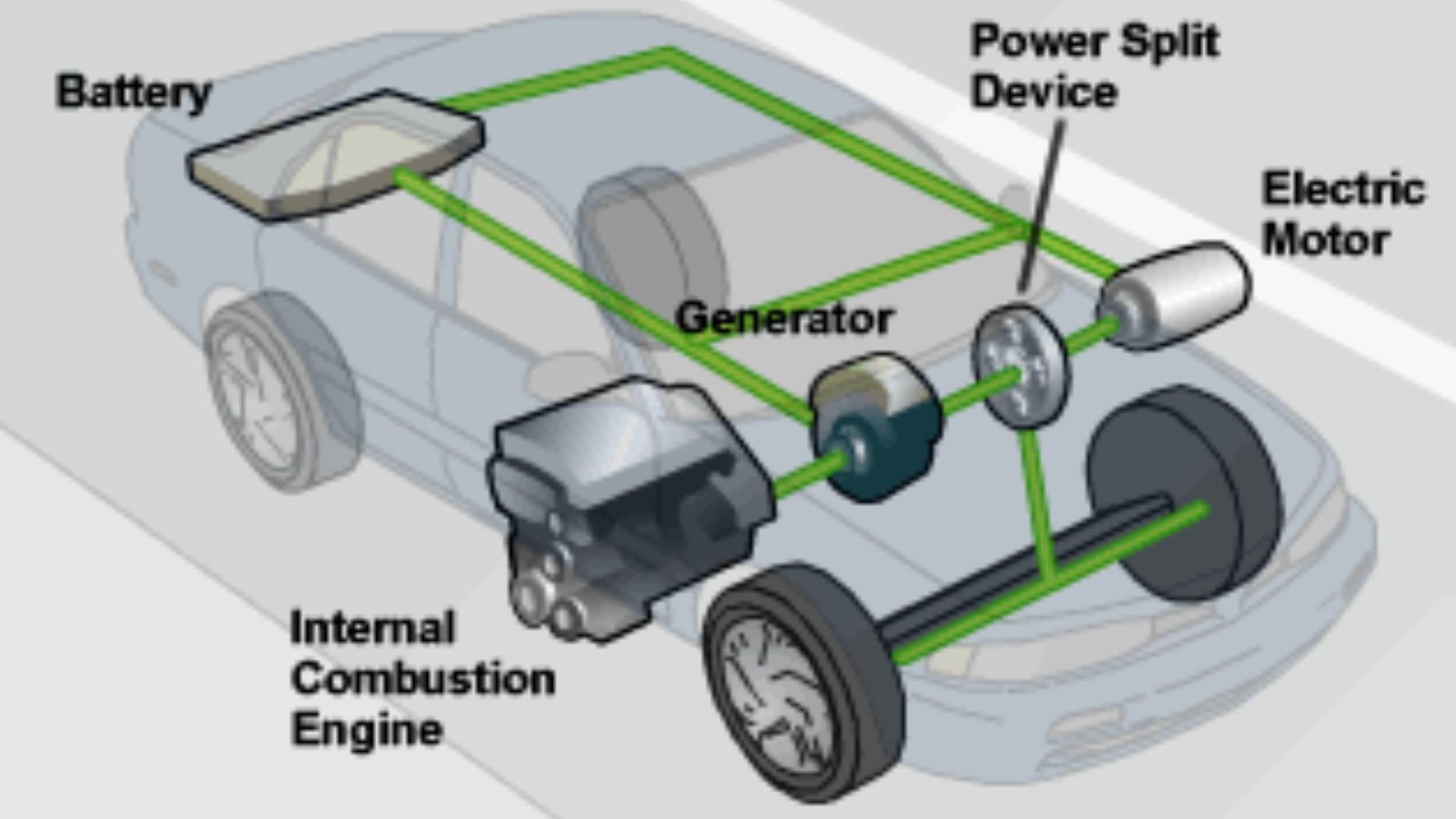Engine tuning is a critical aspect of optimizing your vehicle’s performance, enhancing fuel efficiency, and ensuring a smoother ride. Whether you’re a novice or an experienced car enthusiast, these engine tuning tips will help you get the most out of your engine.

Understanding Engine Tuning
Engine tuning involves adjusting and modifying the internal combustion engine to achieve better performance, increased power, and improved efficiency. Tuning can range from simple adjustments to complex modifications, depending on your goals and vehicle type. Understanding the basics of engine components and their functions is essential before diving into tuning.
Assessing Your Vehicle’s Current Performance
Before making any modifications, assess your vehicle’s current performance. Conduct a thorough inspection to identify areas needing improvement. Use diagnostic tools to check the engine’s health, including compression tests, fuel pressure checks, and electronic diagnostics. This initial assessment will guide your tuning efforts and help you prioritize modifications.
Upgrading the Air Intake System
A high-performance air intake system can significantly improve your engine’s efficiency and power. Upgrading to a cold air intake or performance air filter allows more air into the engine, enhancing combustion and increasing horsepower. Ensure the air intake system is compatible with your vehicle and properly installed to avoid potential issues.
Optimizing the Fuel System
An efficient fuel system is crucial for optimal engine performance. Upgrading fuel injectors, fuel pumps, and fuel lines can improve fuel delivery and combustion. Tuning the engine’s fuel map using aftermarket engine control units (ECUs) or standalone engine management systems ensures precise fuel delivery, maximizing power and efficiency.
Enhancing the Exhaust System
A performance exhaust system reduces back pressure and allows exhaust gases to exit more efficiently. Upgrading to a high-flow exhaust system, including headers, catalytic converters, and mufflers, improves engine breathing and boosts performance. Consider the exhaust system’s material and design to balance performance gains and noise levels.
Fine-Tuning the Ignition System
The ignition system plays a vital role in engine performance. Upgrading spark plugs, ignition coils, and ignition wires can enhance spark efficiency and combustion. Properly gapped spark plugs and high-quality ignition components ensure a strong and consistent spark, improving power output and fuel efficiency.
Adjusting the Engine Control Unit (ECU)
Reprogramming or “chipping” the ECU allows you to optimize engine parameters such as fuel delivery, ignition timing, and boost pressure. ECU tuning can unlock additional power and efficiency tailored to your specific modifications. It’s essential to work with a reputable tuner or use reliable tuning software to avoid damaging the engine.
Balancing and Blueprinting
Balancing and blueprinting involve precision machining and assembly of engine components to reduce friction and improve performance. State rotating assemblies, such as crankshafts and flywheels, ensures smooth operation at high RPMs. Blueprinting includes detailed measurements and adjustments to achieve optimal clearances and alignments, enhancing overall engine efficiency.
Upgrading the Cooling System
A high-performance cooling system prevents overheating and maintains optimal engine temperature. Upgrading to a larger radiator, high-flow water pump, and performance thermostat can improve cooling efficiency. Proper cooling ensures consistent performance and longevity, especially under demanding driving conditions.
Regular Maintenance and Monitoring
Regular maintenance is crucial to sustaining the benefits of engine tuning. Schedule periodic inspections, oil changes, and fluid checks to keep your engine in peak condition. Monitor key parameters, such as air-fuel ratio, boost pressure, and exhaust gas temperature, using gauges and diagnostic tools. Early detection of issues allows for timely adjustments and prevents potential damage.
Conclusion
Engine tuning can transform your vehicle’s performance, offering increased power, improved efficiency, and a more enjoyable driving experience. By following these tuning tips and maintaining a proactive approach, you can achieve optimal results and ensure your engine performs at its best. Whether you’re looking for more horsepower or better fuel economy, tuning provides the customization needed to meet your goals.




